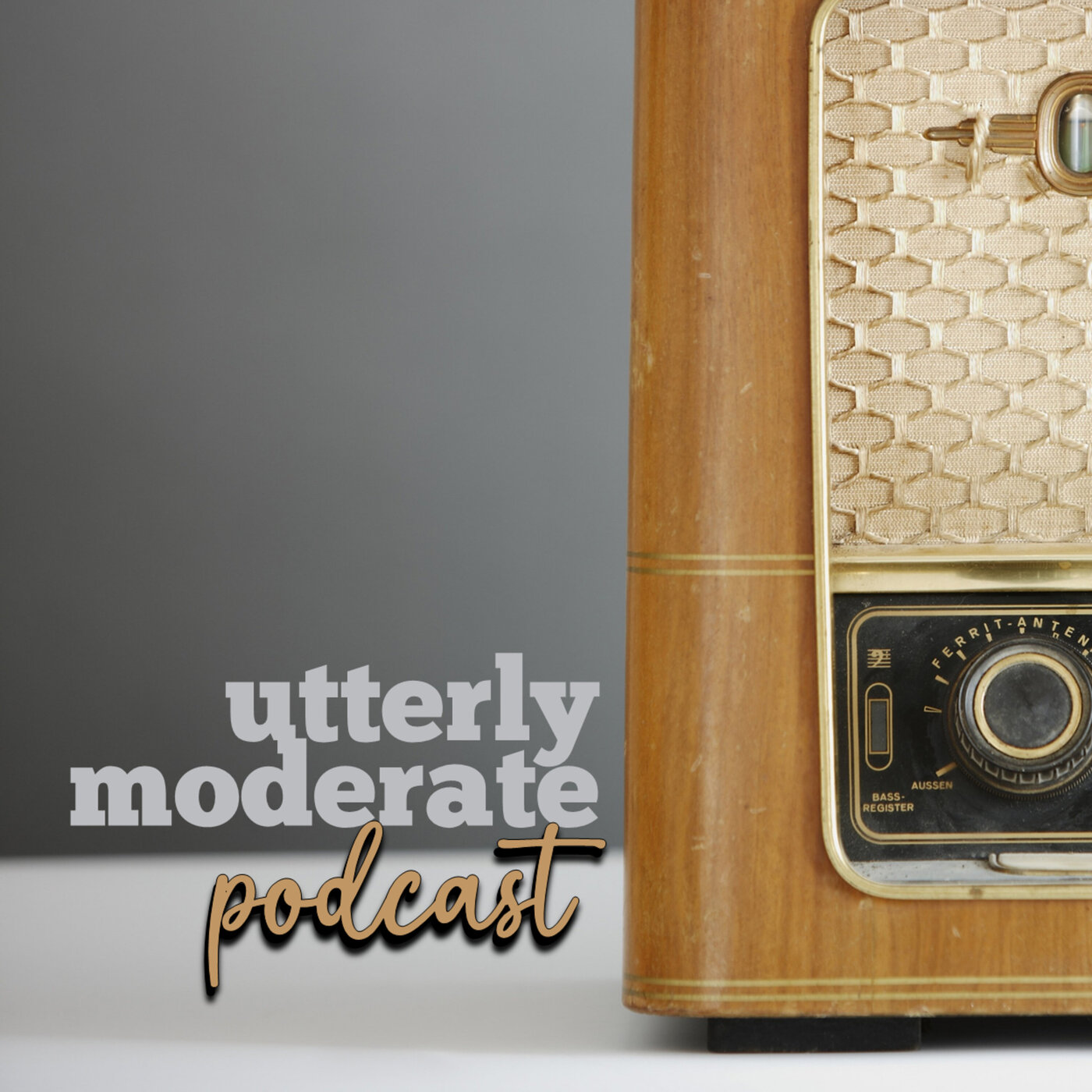
"The Poisoning" Is Here! (w/Jacob Mackey)
Published on Aug 13, 2024, 12:00:00 AM
Total time: 00:44:02

Published on Aug 13, 2024, 12:00:00 AM
Total time: 00:44:02
On this episode of the Utterly Moderate Podcast, the authors of the brand new book, The Poisoning of the American Mind, talk about the book and its implications for America.
So what is their argument?
A significant amount of research suggests that most people seek out news and information sources that mirror their worldviews, avoid ones that don’t, and interpret information using cognitive filters that force an alignment with what they already believe. As social psychologist David Dunning writes, “Each of us possesses certain foundational beliefs—narratives about the self, ideas about the social order—that essentially cannot be violated. . . And any information that we glean from the world is amended, distorted, diminished, or forgotten in order to make sure that these sacrosanct beliefs remain whole and unharmed.”
As they document in their brand new book and their free online documentary of the same name, the evidence suggests that this problem afflicts both conservative and liberal Americans.
Conservative Americans tend to place their trust in very few sources of news and information, and those sources tend to be low-quality, like the openly partisan Fox News. Conservatives also tend to cocoon themselves within a partisan media ecosystem of like-minded low-quality outlets, an “internally coherent, relatively insulated knowledge community, reinforcing the shared worldview of readers and shielding them from journalism that challenge[s] it.”
Liberal Americans are more likely than conservatives to trust legitimate journalistic outlets, but those sources often unknowingly spread misleading claims that they truly believe are backed by “the science.” Why do they believe this? Sometimes it’s because the outlet doesn’t fully grasp the preponderance of the evidence on the issue at hand. But too often it is because irresponsible experts, who news outlets should be able to trust, said “the science” backed their claims when it didn’t.
Consider the following statements that many on the left assume are backed by “the science”:
None of these claims are backed by strong evidence. At best, the research is mixed, not clearly pointing in one direction or the other. At worst, the evidence supports the opposite conclusion. But many on the left believe these statements are backed by “the science” because prominent academics have made big, irresponsible claims that go far beyond what the preponderance of the evidence supports.
In Poisoning, the authors give equal attention to epistemic failings on both sides. They believe the evidence shows that Americans across the political spectrum fall for questionable assertions from sources that they believe to be trustworthy and authoritative, sources which often present the information in a manner that appeals to the sacred beliefs of consumers’ in-groups.
They make no assertions about which side’s epistemic failings are “worse” due to their honest inability to quantify such a thing—and they are not sure it matters as much as some may think. Both red and blue America face epistemic crises that act like serious illnesses that sicken American society—even if you could measure which one makes us feel “worse” as a nation, the reality is that either one would make our country seriously ill, and experiencing them simultaneously is a nightmare.
In Poisoning the authors discuss not only the misleading information that is hurting American, but a variety of possible ideas for how to get ourselves out of this mess.
You can buy the book, watch the free documentary, and read the other work they have published on this topic.
And of course don’t forget to sign up for our FREE EMAIL NEWSLETTER in just one click!
-------------
-------------
Episode Audio:
The Utterly Moderate Podcast is the official podcast of Connors Institute for Nonpartisan Research and Civic Engagement at Shippensburg University.
The core mission of the Connors Institute is to disseminate high-quality nonpartisan information to the public.
Utterly Moderate is hosted by Lawrence Eppard, a researcher, university professor, and director of the Connors Institute. On each episode, Eppard is joined by a guest (or two or three!) who helps listeners understand important topics by focusing on just the weight of the empirical evidence and none of the unneeded opinions or political agendas. We are aggressively nonpartisan in our approach.
Be sure to visit us at ConnorsInstitute.org to learn more about all that we do!